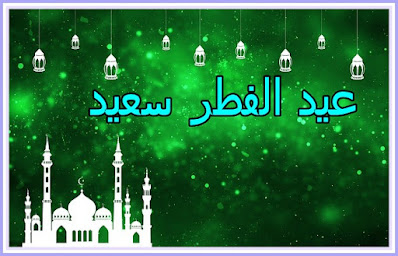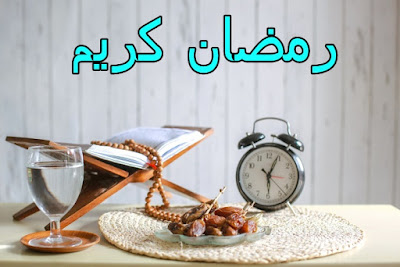Eid al-Fitr (Arabic: عيد الفطر) is a Muslim holiday that marks the end of the month of Ramadan, the month of Muslim fasting.
Ramadan is the ninth month in the Muslim calendar. This month muslims fast all day and this command is one of the five pillars of Islam.
The date when the Eid al-Fitr is is the first two days of the month of Shawwal, the tenth month of the Muslim calendar.
The exact date of the holiday is determined by evidence of the moon's innate vision, that is, when the moon is very small, which symbolizes the beginning of the month of Shawwal.
Holiday Customs
Eid al-Fitr is a holiday of forgiveness, peace, community and brotherhood. Therefore, during the holiday, Muslims often visit their friends and relatives, and this is an opportunity to resolve quarrels and disputes.
In Eid al-Fitr it is customary to get up early in the morning, wear festive clothes (preferably new), pray special prayers in honor of the holiday and celebrate with family meals and fireworks. It is customary to give gifts to women and children. It is obligatory for every Muslim who has the minimum enough to live to give a special charity in his name and in the name of his family members (زكاة الفطر). The purpose of charity is to cleanse the person from mistakes he made during the fast such as nonsense he said (لغو) or profanity (رفث), and to help the poor and needy to celebrate the holiday. Zakat al-Fitr is usually a food such as rice, flour or money. This can be given to the poor from the sunset of the last day of the month of Ramadan until the holiday prayer.
Another tradition of the holiday is the belief that by this time the writing of the Quran was over.
The blessing for the holiday of Eid al-Fitr is in Arabic: عيد الفطر سعيد, pronounced: Eid al-Fitr Said, or Eid al-Fitr blessed, in Arabic: عيد الفطر المبارك, pronounced: Eid al-Peter Mubarak.
When is Eid al-Fitr in the next coming years?
2021- May 12 - May 13
2022- May 2 - May 3 (estimated)


